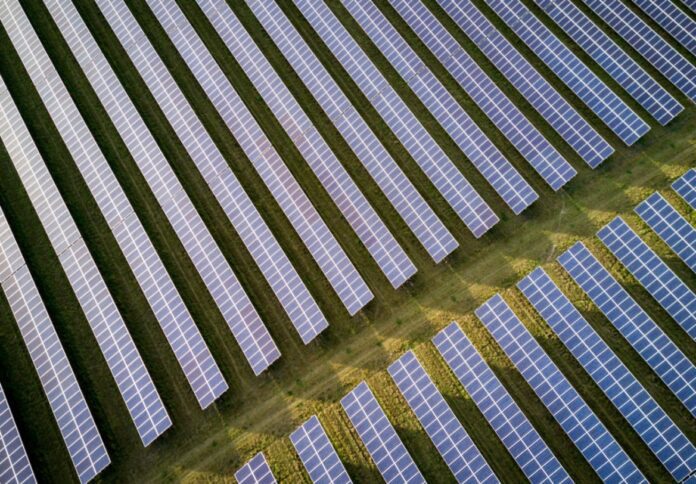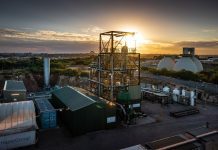
The Australian Government is stepping up its efforts to tackle climate change by supporting innovative ways to capture and utilise carbon dioxide, aiming to reduce emissions from hard-to-abate industries and advance Australia’s journey toward net zero emissions.
Through the Carbon Capture Technologies Program (CCTP), the government is investing $65 million in seven pioneering projects, as revealed in a media release.
These projects leverage emerging technologies such as direct air capture and mineral carbonisation to decarbonise industrial processes and directly remove carbon dioxide from the atmosphere.
The captured carbon dioxide will either be stored in permanent geological repositories or repurposed into products like building materials, fuel, and components for lithium-ion batteries.
The supported projects include:
- Calix Ltd: Receiving $15 million to produce methanol from carbon dioxide released during cement production.
- MCi Carbon Pty Ltd: Awarded $14.5 million to produce building materials from carbon dioxide emitted during cement production.
- Airthena Technology Development Company Pty Ltd: Granted $11.7 million to demonstrate the feasibility of large-scale direct air capture of carbon dioxide.
- Novalith Technologies Pty Ltd: Given $9.9 million to demonstrate the production of battery-grade lithium carbonate from carbon dioxide captured directly from the atmosphere.
- Pilot Energy Limited: Allocated $6.5 million to trial the management of multiple carbon dioxide streams from emerging point sources and direct air capture technologies.
- KC8 Capture Technologies Ltd: Provided $5.4 million to demonstrate the production of potassium carbonate from carbon dioxide released during cement production.
- University of Melbourne: Secured $1.6 million to trial the conversion of carbon dioxide captured from the atmosphere into travertine, a carbonate rock.
According to the government, reducing emissions from difficult-to-decarbonise industries is essential for reaching net zero and securing a sustainable future for Australia.




















